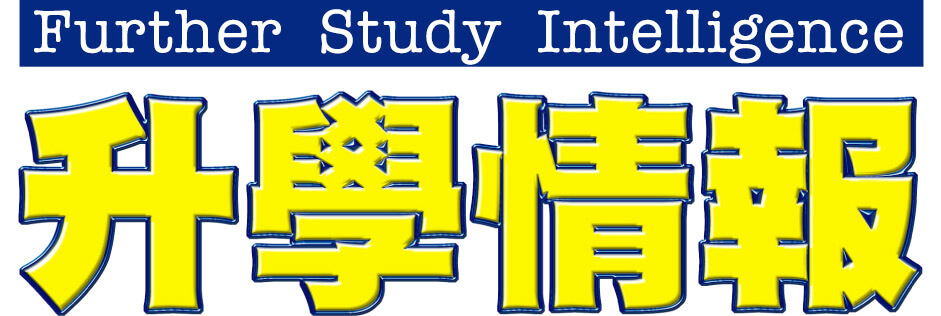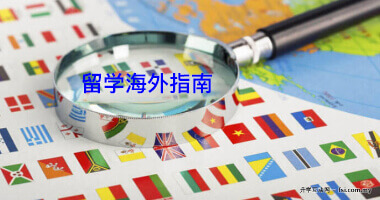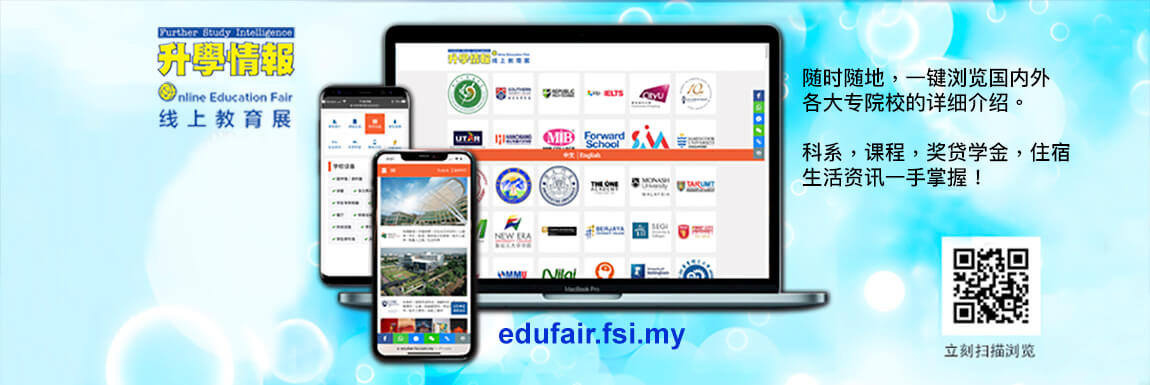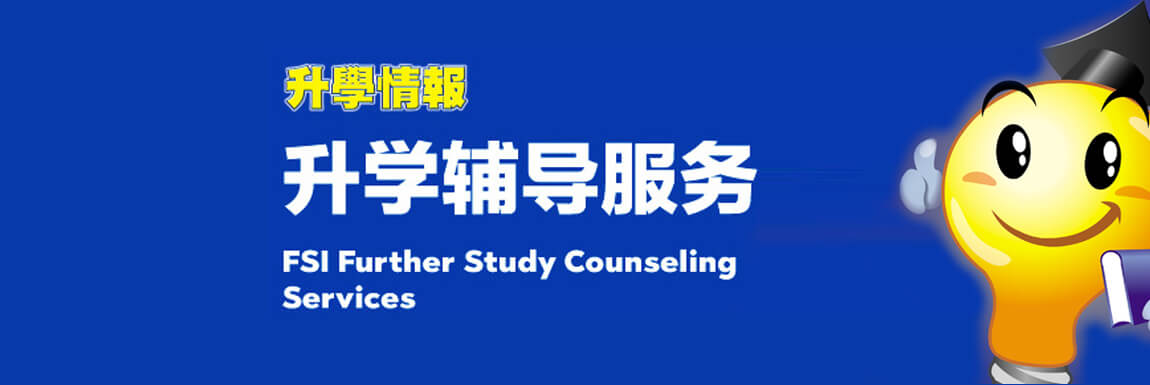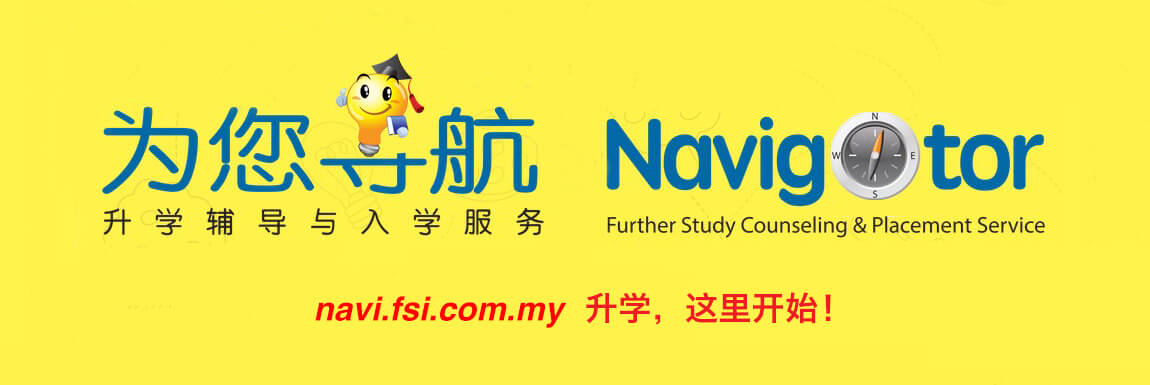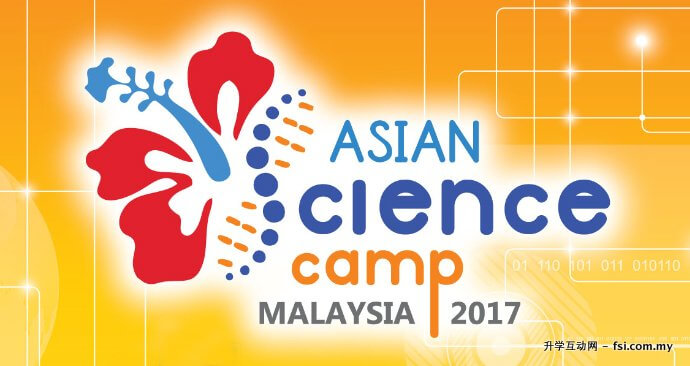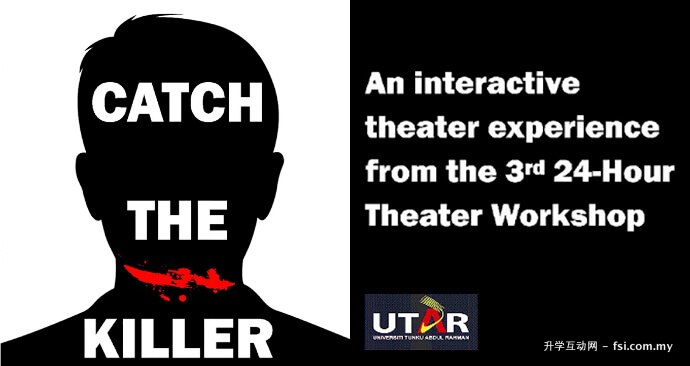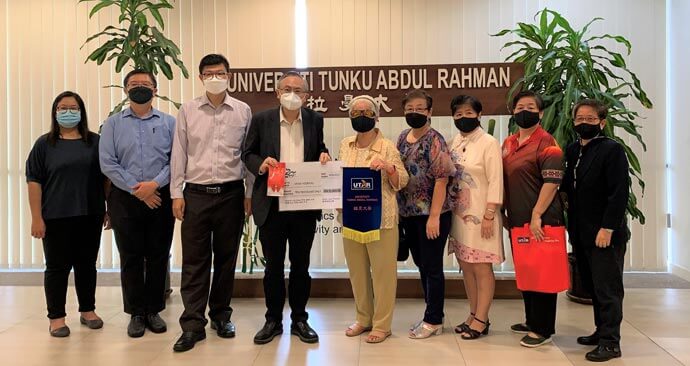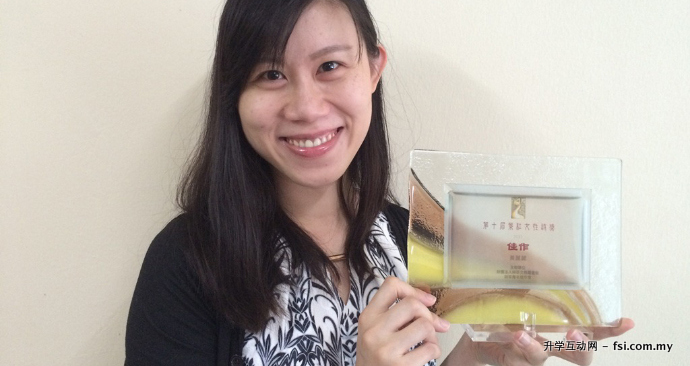The day certainly beamed brightly for team BEAMS when the members, namely Faculty of Information Communication and Technology alumni Tan De Zhern, Chong Zan-Wei, Gerald Lee Sze Inn, Low Wei Leong and Cheong Pei Bin, were crowned champion in the TADHack Local category of the Telecom Application Development Hackathon Kuala Lumpur (TADHack KL) 2017, held from 23 to 24 September 2017, at Digi Malaysia Headquarters, Subang Jaya.
TADHack KL was organised by Clear Skies Solutions, Digi.Com Berhad, Malaysia Digital Economy Corporation (MDEC), Communications Convergence Professional Society (CCPS) and Orbitage, and it was part of the TADHack Global.
Apart from receiving a cash prize worth USD 500, the team also benefitted greatly by learning about the power of telecom application (app) development, best practices shared by expert speakers, useful hacks (prototype) using telecom technologies to solve local and global problems, along with the chance to present innovative ideas to the global industry, and meeting the global community of telecom app innovators.
Despite already pursuing their respective careers, the team continued to make good use of the knowledge and skills taught during their studies at UTAR, to realise their aspiration for solving real-world problems with technology and innovation, which at the same time will also benefit the society. Led by their aspiration to participate in the hackathon, BEAMS’ win also testified that success certainly knows no boundaries as long as one is determined.
“Although this is my seventh participation, competing in the hackathon is more than just a hobby or routine to me. It is, in fact, a place where I can make use of my innovative ideas and programming skills to come up with real-world solutions, and I will continue to do so for the future competitions,” enthused Tan.
Lee commented, “The hackathon motivated and challenged us to think of the effective solutions to solve real-world problems in the shortest time possible, and it was a platform that enabled us to learn even more from the other participants.”
The other members also shared the same excitement with Lee and Tan, and mentioned that they enjoyed the hackathon challenge, which has helped improve their skills and understanding towards app development.
With the education received at UTAR, the team was grateful to have learnt about teamwork, expectations when working under tight deadlines and problem-solving skills, which greatly contributed to the team’s win at the hackathon.
“UTAR has definitely laid a good foundation for us to utilise our knowledge and skills for this hackathon because the challenges we faced during our studies were the teaching tools that taught us how to analyse problems, think of the right solutions and work together with the team members to execute the ideas,” said Low.
The team’s solution for the hackathon’s challenges, also named BEAMS, is the acronym for “Better Engagement and Marketing System”, which aimed to make the purchasing process easier and more convenient, while improving customer service and lowering company’s cost of advertising. Hence, the team used various application programming interfaces (APIs) provided by the sponsors, along with techniques from Data Science, Text Analytics, Artificial Intelligence (AI) and chatbot to develop the BEAMS.

Screenshots of BEAMS’ chatbot.
The BEAMS’ process involves two stages, with it firstly filtering and analysing the comment sections of DiGi’s Facebook posts to find the right target customers, then with an intuitive chatbot, the targeted customer is contacted through messaging, whereby the AI-powered chatbot engages the customer one-to-one to market the products and assist the customer throughout the entire purchasing process; making it very user friendly and convenient.
To prove the effectiveness of BEAMS, the team used actual data during their presentation and showed that DiGi could actually save up to 82.5% cost in time and resources when engaging with customers for telemarketing, while at the same time increasing the chances of a successful purchase from customers.
“It is definitely a proud moment for us all, as some of us are only participating for the first or second time in the hackathon. Plus, knowing each other since our time in the university has enabled us to work well as a team, which I believe was also the winning factor, apart from our ideas and execution,” said Tan.
“Winning the hackathon is not only about being proud of our achievements and being given the recognition for our solutions, but it also shows our care towards the people’s problem and we want to help solve these problems so that we can all have a better tomorrow. I am really happy we won,” said Low.
TADHack Global is an initiative started in 2013 as a grassroots effort to build an ecosystem, focused on telecom app development. Its mission is to bring together businesses, developers, non-coders, and individuals who are interested to use telecom capabilities in their apps, services, or businesses to solve local and global problems. TADHack is focused on developers, technology and creativity. It is currently the largest telecom-focused hackathon worldwide.

Cheong making a quick pose before resuming his work.

Tan (third from left) presenting the benefits of BEAMS, with the support from Chong (far left) and Low.

Team BEAMS with other TADHack KL participants and organisers.
拉曼大学 Universiti Tunku Abdul Rahman (UTAR)
http://www.fsi.com.my/会员专区/college-profile/?sponsor_id=168
http://www.fsi.com.my/utar
